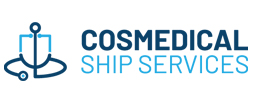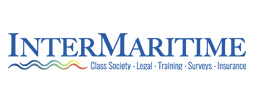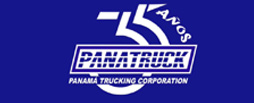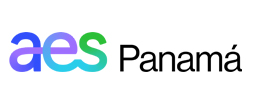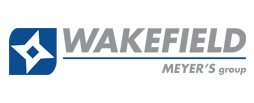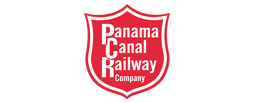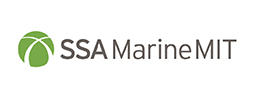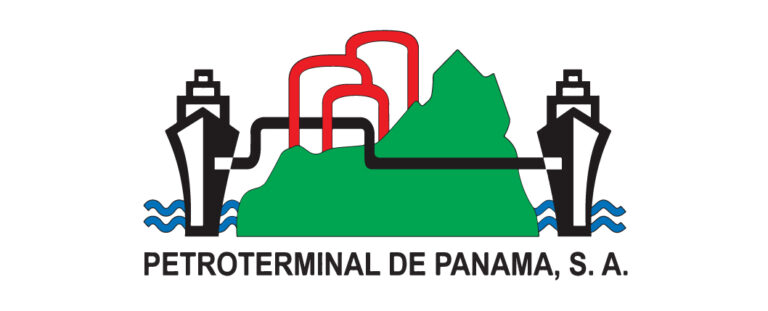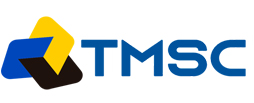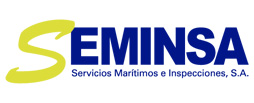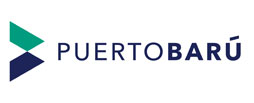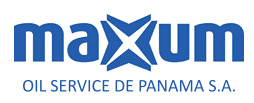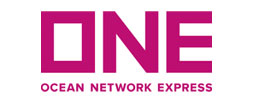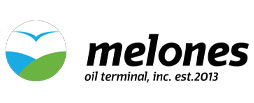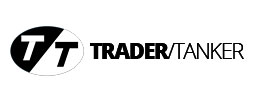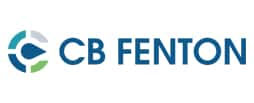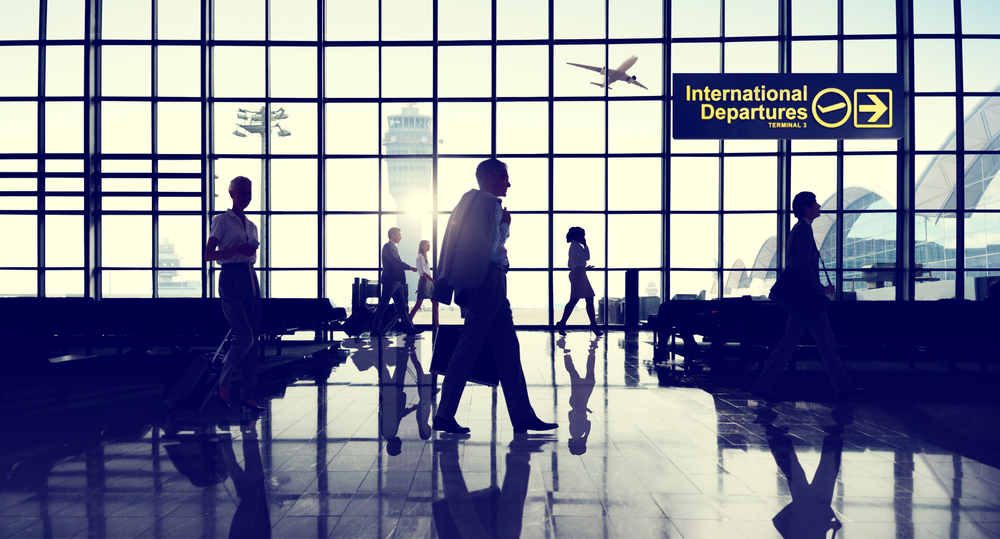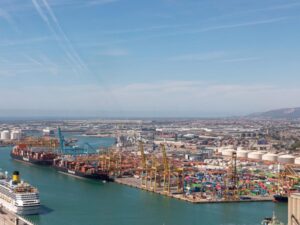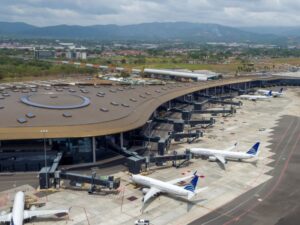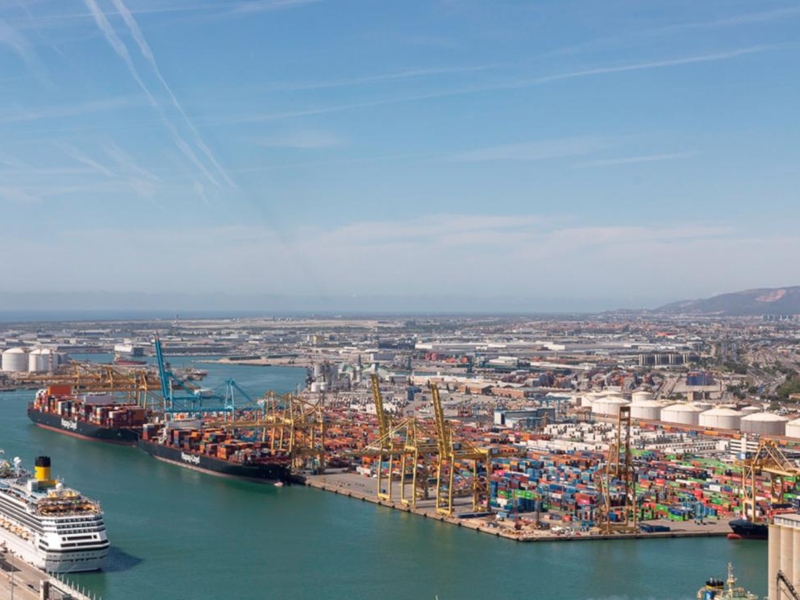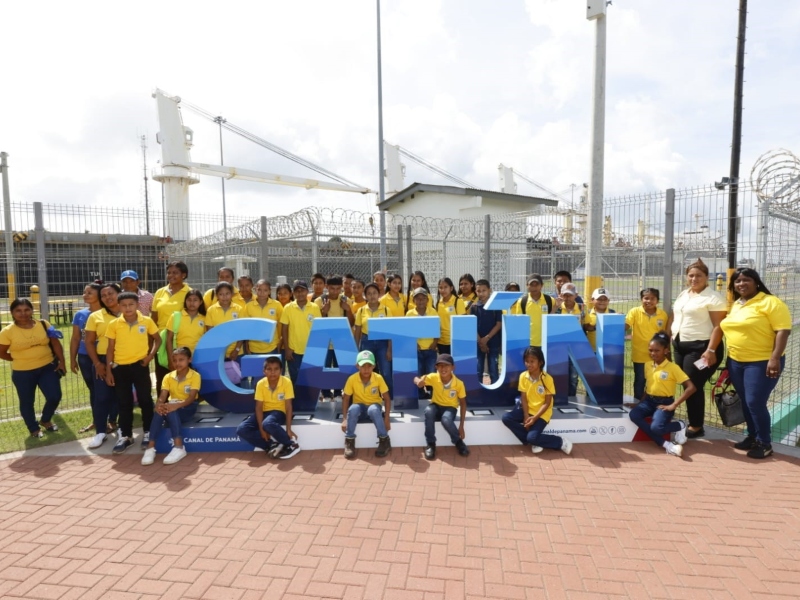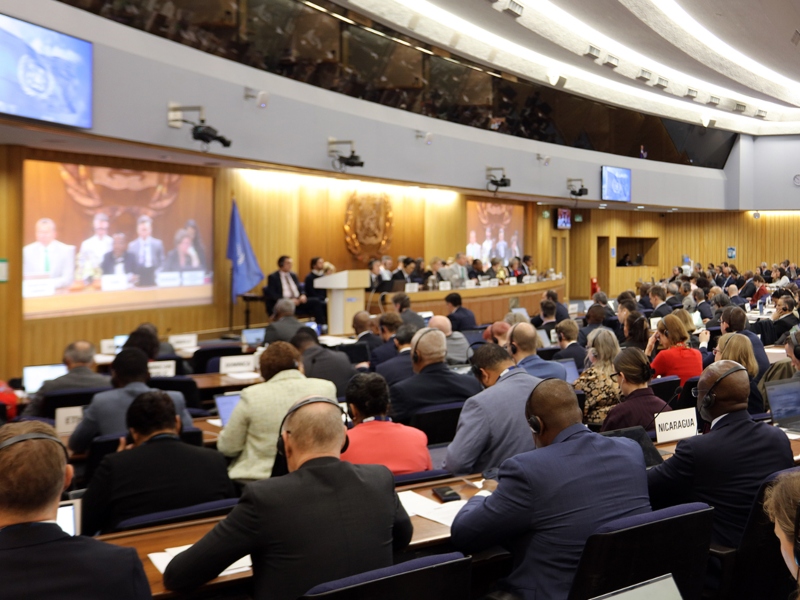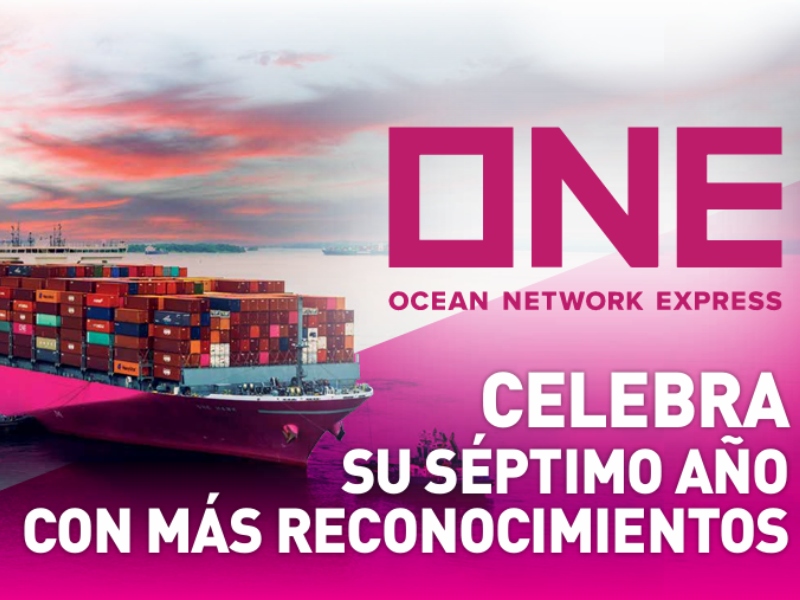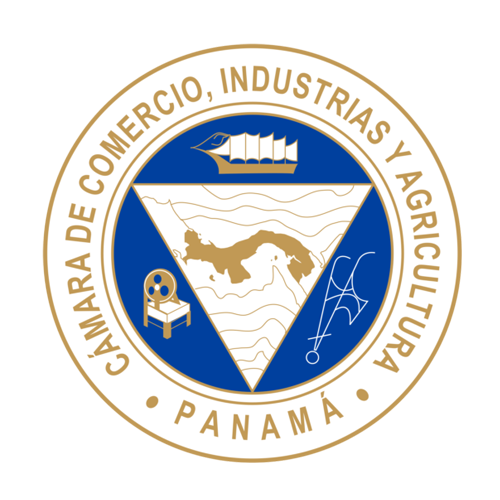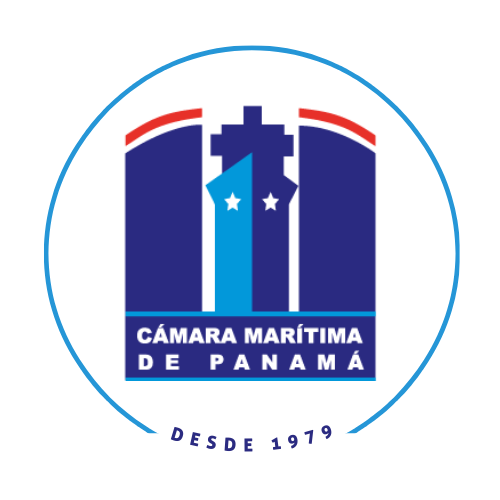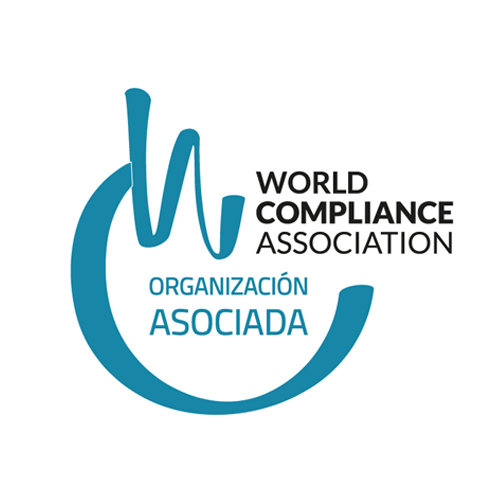Source: IATA
The International Air Transport Association (IATA) is once again calling on the Canadian Government to urgently discontinue the current COVID-19 related travel restrictions. These are now out of step with the global trend of lifting travel restrictions and are partly responsible for the ongoing delays and disruption affecting air travelers across Canada.
“Canada has become a total outlier in managing COVID-19 and travel. While governments across the globe are rolling back restrictions, the Government of Canada is reinstating them. The Government should follow the lead of its peers, including, for example, Australia. While that country had some of the toughest travel restrictions during the height of the pandemic, it has now lifted these, including the vaccination requirement. Rather than following this example and enabling travel and tourism to recover, those in power in Canada believe that throwing more red tape at the pandemic is the way forward,” said Peter Cerda, IATA’s Regional Vice President for the Americas.
Hence, IATA is calling on the Government of Canada to quickly address the following issues:
- Remove random testing of international arriving passengers
If, as announced, random testing is reinstated from 19 July 2022, then travelers will be forced to either go to a designated testing center or administer a self-test after arrival. In case of a positive test result, travelers must isolate for 10 days, which is twice as long as the average isolation period recommend by any provincial or territorial health authority in Canada and once again singles out travelers as compared to the rest of the population. - End the vaccination requirement for international travel
The vaccination mandate for international travel to Canada is in essence obsolete, as only the basic immunization and no booster shots are required to be considered fully vaccinated. In addition, the proof of vaccination is no longer used in everyday life in Canada. Ending this travel-related mandate would remove the need for the manual and time-intensive documentation check at flight origins outside Canada and during immigration upon arrival. - Use ArriveCAN solely as an entry tool for customs
The removal of the vaccination mandate would also allow ArriveCAN to be used solely for customs and immigration purposes and not for capturing and validating COVID-19 related health and vaccination information. This is what is slowing down border processing. In addition, airlines are now being asked to provide a list of passengers who have not completed ArriveCAN not later than one hour after the departure of an international flight to Canada. This is tying up critical staff at a time when resources are already stretched to the limit. - Ending Mask Mandates
Mask mandates at airports and on aircraft need to be withdrawn, especially since they are no longer in place in most public settings in Canada, including public transport and sporting venues.
“After more than two-years of onerous COVID-19 restrictions people want to be able to travel again, as we can clearly see from the current level of demand. Ramping up the entire value chain has come with some challenges. Maintaining outdated COVID-19 restrictions contributes to the delays passengers are experiencing at major Canadian international gateways. Governments need to ensure that travel restrictions are designed to address today’s environment, not the environment of the previous two years. Now is the time for the Government of Canada to join its counterparts around the world and remove unnecessary and outdated measures,” said Cerda.
![]()


